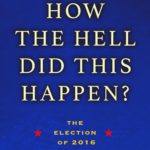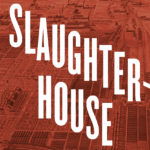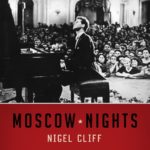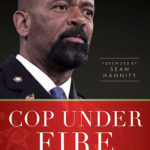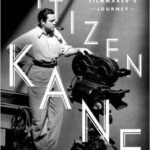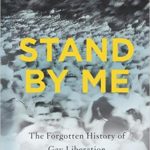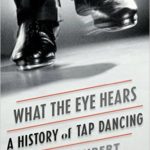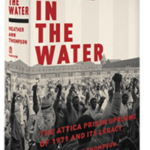
Battering Down Sentence
Winner of this year’s Pulitzer Prize in history, Heather Ann Thompson’s account of the 1971 Attica Prison revolt and its aftermath makes for a readable, interesting, and at times gripping book. Almost every page contains some revelation that the State of New York tried mightily to suppress.
